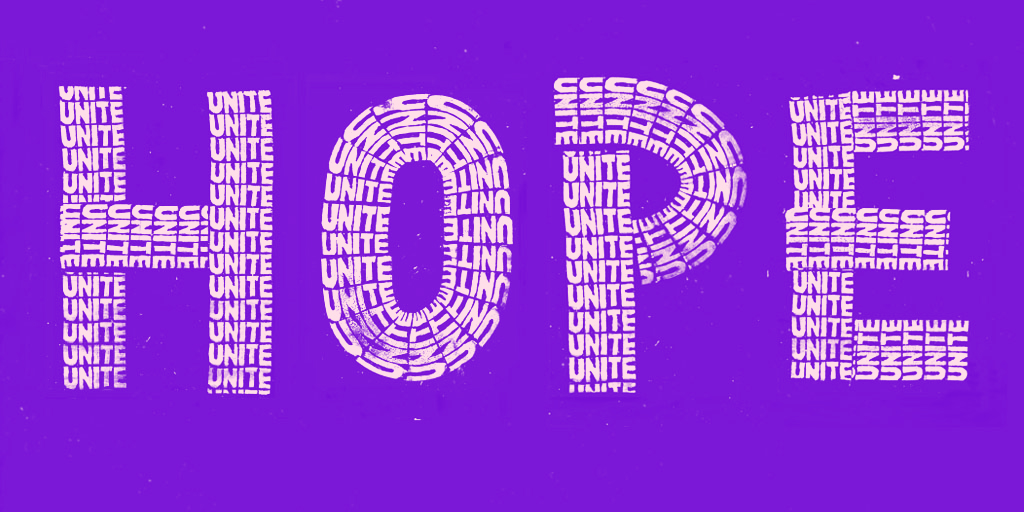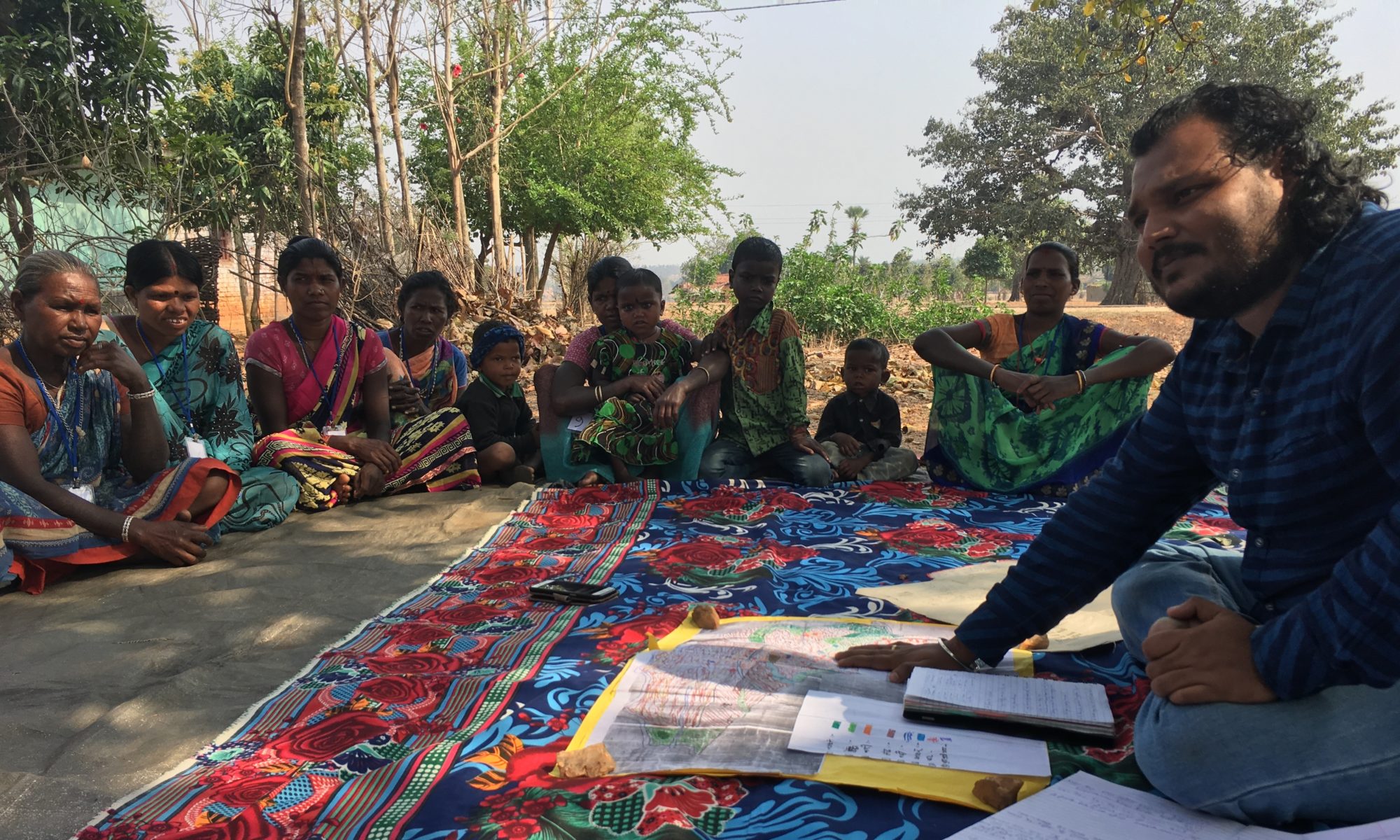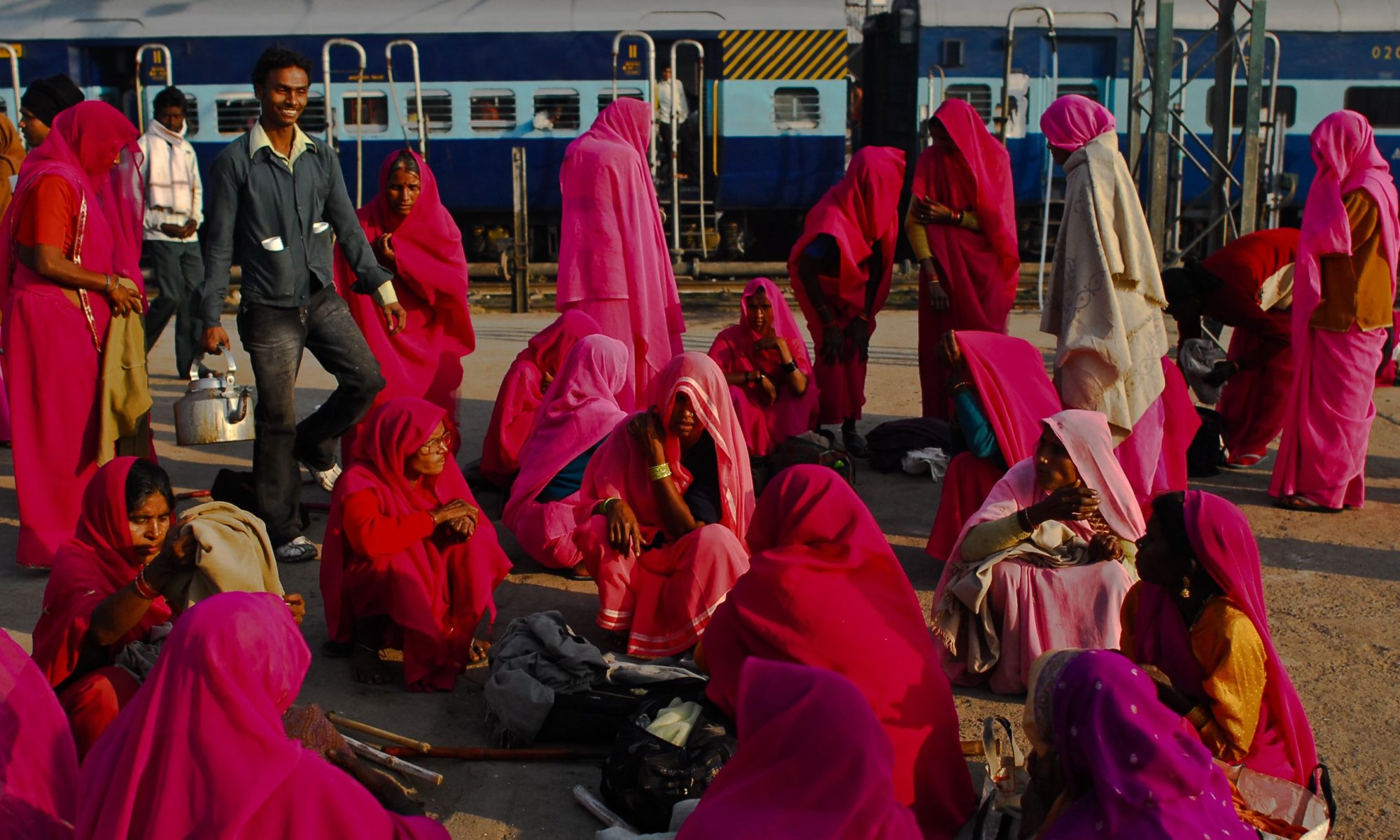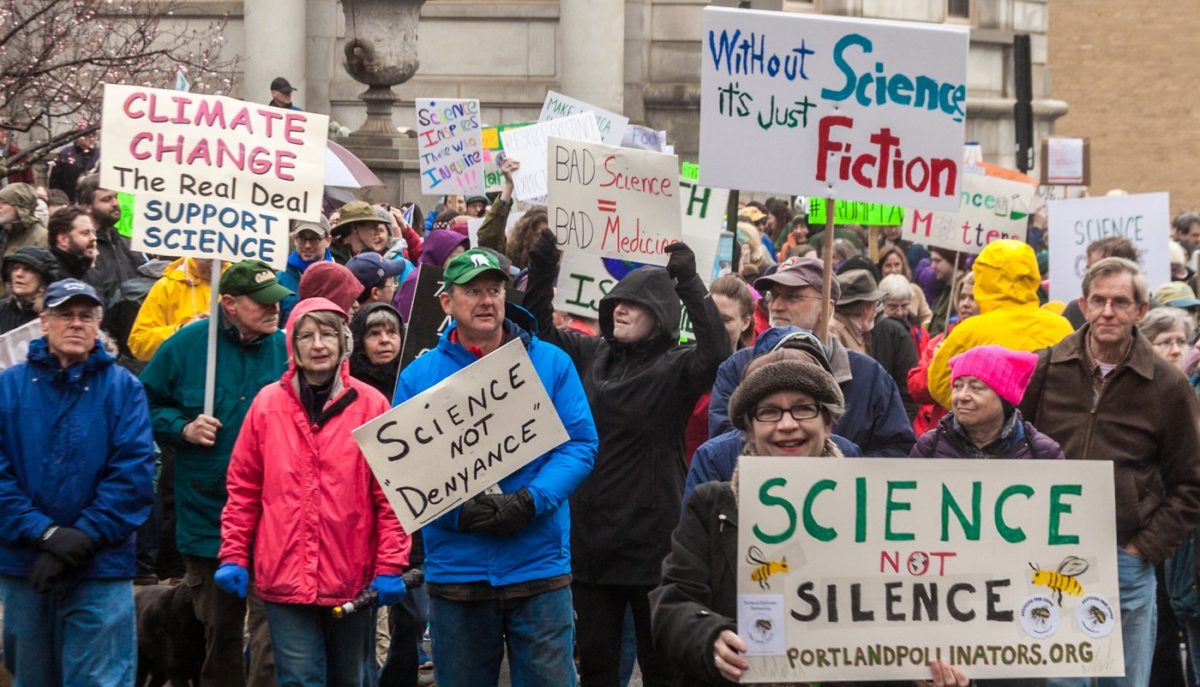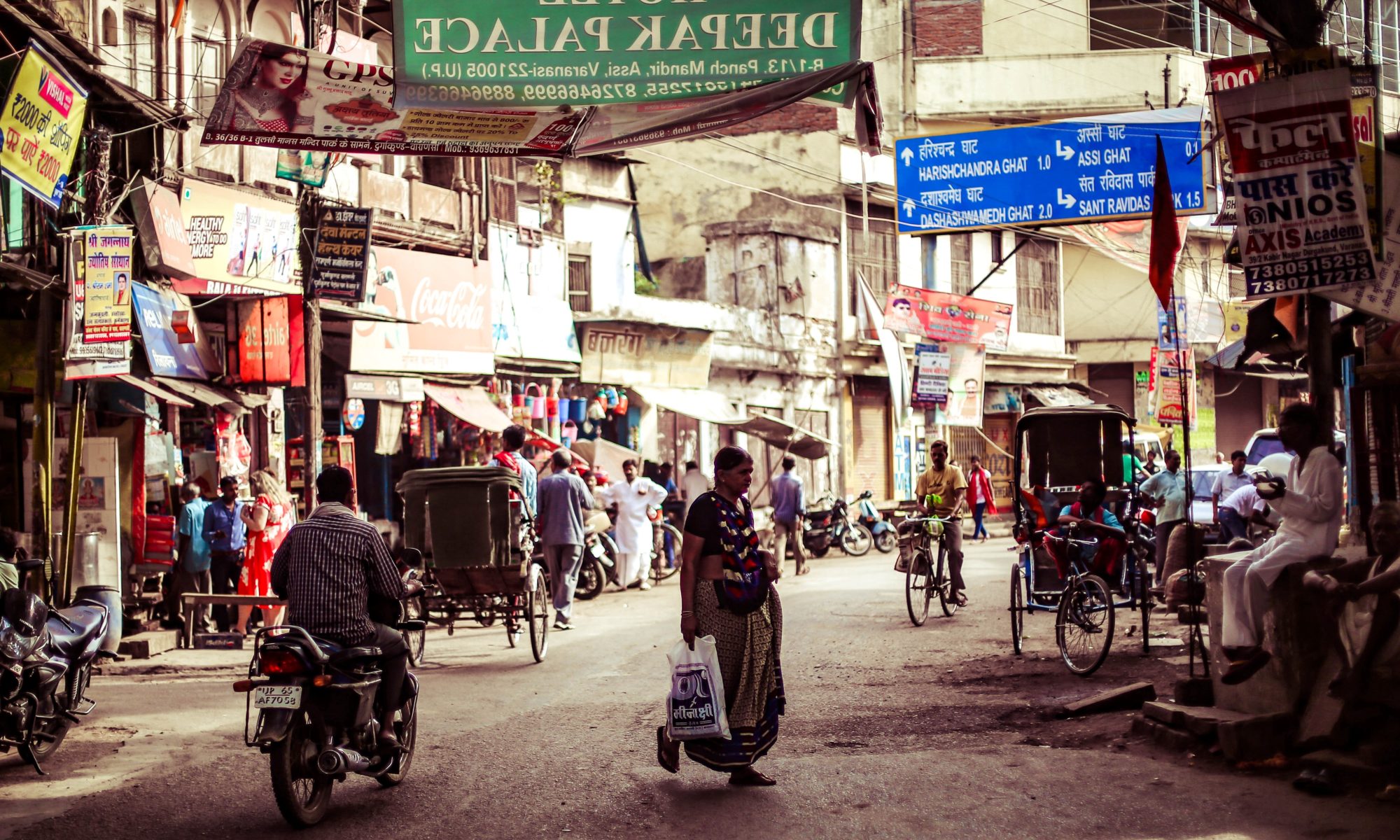By Nicole Walshe and Anne Mai Baan | EADI/ISS Blog Series
Narratives or the stories we use to set our perceptions and experiences in a larger context of meaning are powerful tools for both supporting civic space and engagement and oppressing them. As we are often not even aware of these narratives, changing them is not easy and requires much more than spreading information. A roundtable at the recent EADI/ISS conference “Solidarity, Peace and Social Justice” explored successful practical examples how a deeper change of narratives can take place in favour of positive social change and freedom of expression. Nicole Walshe and Anne Mai Baan summarize its recommendations.
Continue reading “Hope, Play, Relate: Changing narratives for greater solidarity and open civic space”

